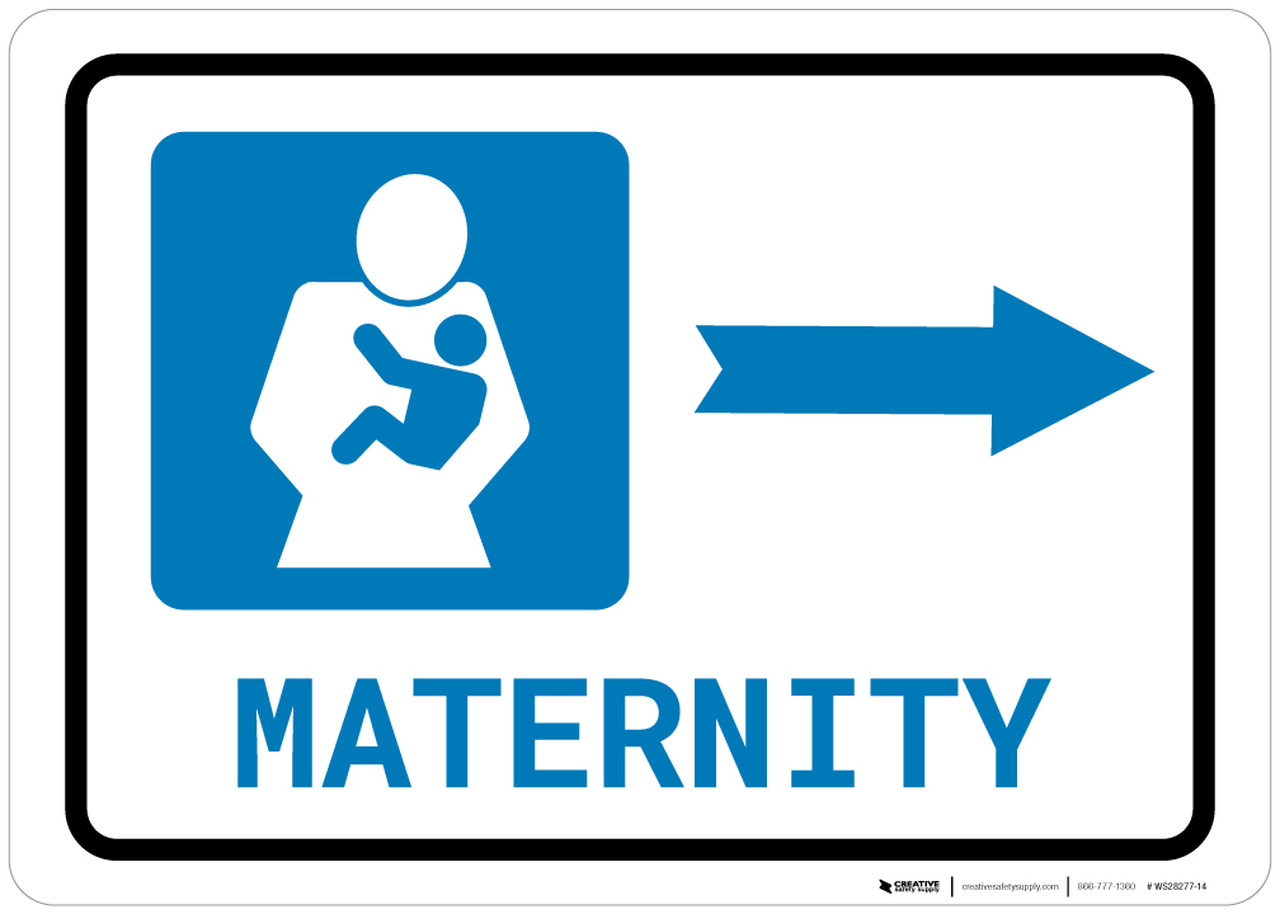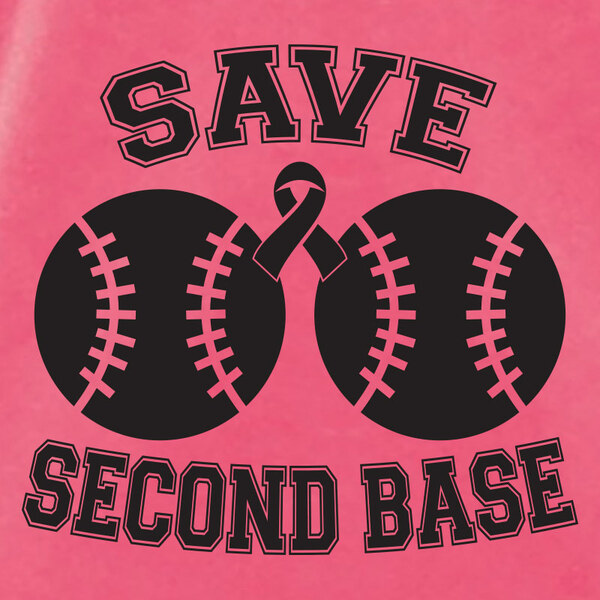Birth Without Mothers, Feminism Without Women
What we don't talk about when we won't talk about "women."
This week, I’m drawing on an excellent conversation between Emma Green and Louise Melling of the ACLU about the push to talk about “birthing people” rather than “mothers.” On Thursday, I’ll be returning to your conversation about the pressure to make domestic work invisible.
And a piece I’ve been working on for years has just come out from behind the paywall at Reason. I’ve followed the work of the Brooklyn Bail Fund for a long time, and I was shocked when they announced they were ceasing to pay bail. The reason? They felt they’d been incorporated into the carceral system they wanted to dismantle.
I’m very proud of the piece, and I’m grateful that my reporting work sometimes opens the door for me to simply call people up and ask them questions I urgently want to know the answer to.
I really appreciated Emma Green’s interview in the Atlantic with Louise Melling, the deputy legal director of the American Civil Liberties Union, about the push to use words like “birthing person” instead of “mother.”
The pitch is that the language is more inclusive—by removing all mention of gender, no one who is laboring to deliver a baby would feel excluded if they feel uncomfortable being considered a woman or a mother. But, even leaving aside questions about how self-determined gender is, there’s an obvious cost—women tend to make progress by advocating for ourselves as women. A gender-neutral approach usually winds up being a male-dominated approach.
You might think that birth would be a safe exemption, since, however broad the language, the overwhelming majority of people giving birth are women. people giving birth would ever imagine that “mother” isn’t the term that covers them. (This is a fight that is big on twitter, and relatively niche in the real world).
But women’s medicine is marked by misogyny. Maya Dusenbery’s Doing Harm: The Truth About How Bad Medicine and Lazy Science Leave Women Dismissed, Misdiagnosed, and Sick is a chronicle of the ways that women’s conditions are underresearched and women’s pain is often dismissed, not treated.
In hospital births, women have made progress in advocating for labor approaches that put the woman’s needs ahead of the doctor’s convenience, but it is still common for women to be rushed into a C-section for the sake of a shift change. Many women are still asked to push in positions that are hard for them and the baby, but let the doctor sit more comfortably.
I’ve seen enthusiasm for taking womanhood out of delivery, and opposition, but I usually see these conversations happening on separate parts of my twitter feed. I don’t know Green’s personal views, but I really appreciated her asking questions that I’ve been wanted to hear advocates of “birthing person” engage with.
Green: This may be an unwelcome imaginative exercise. But I wonder if you have spent time thinking about why this makes some people on the right so mad. Why do you think people care about this?
Melling: Look, why do people get mad that people marry the person they love? If you want to have a child on your own, why do people get mad? If you fall in love with somebody of another race? I think there may be some people who are confused at first—changes in language have to come with education. But for those prominent politicians, whether it’s on abortion rights or transgender rights or voting rights, there’s clearly an effort to have society be more narrow in imagination and inclusivity.
It’s one thing for Melling to consider the tradeoffs of foregrounding women versus being maximally broad, and to decide that the best approach is inclusivity. But what’s so frustrating here is that she doesn’t consider there to be any tradeoff.
The only objections she imagines come from ignorance or prejudice. There’s no room to think that women need a certain kind of narrowness and specificity in order not to be ignored. Women’s rights are human rights, but if we only talk about human rights, we expect to find women’s particular rights at the bottom of the list or ignored entirely.
A bit further down, she says something I had a little more sympathy for:
One analogy that I think might help is breast cancer. I don’t even remember when I first heard about men who get breast cancer. I will admit: I hadn’t thought about it. The man who has breast cancer has his own fear of the diagnosis. Then he’s going to struggle going into a whole host of places that are gendered. We addressed a gap in care to try and encourage women to come forward and have a community. But we also need to make space so that men with breast cancer can be recognized both by the medical profession and by the rest of us.
I do not want men with breast cancer to be left out of the conversation about treatment and support. But it’s also relevant that 100 women die of breast cancer for every man who dies from it. I don’t want to write off those men, but the best response may be targeted outreach, rather than an inclusivity-through-neutrality approach.
And, even in small things, men and women will have different worries about treatment. A man may be worried about having a woman’s disease, a woman may need to know more about the range of reconstructive options and how to respond to pressure to treat physical evidence of her treatment as embarrassing or unwomanly.
On a much smaller scale, I remember hearing a range of objections to the “Save Second Base” shirts being sold as a breast cancer fundraiser in college. It’s true that tying cancer prevention to canoodling excludes men with breast cancer. But most of us objected because it framed screening as worthwhile for the benefit of men who want to fondle breasts, not for the benefit of saving a woman’s life.
It is hard to imagine women can advocate effectively for ourselves without advocating for ourselves as women. It is even harder to be convinced by pushes for inclusivity that, rather than engage the cost of downplaying “women” as a category, claim there is no tradeoff to be made.
When have you benefited most from being able to build solidarity with other women as women?
How do you approach calls to solidarity on topics that affect women most deeply, but aren’t limited to women?
(With that last, my mind goes to parental leave—I certainly want it for dads, too, but their needs are different than those of moms who are recovering physically from birth, and who may be nursing or pumping long after leave ends.)




What struck me about the discussion of "birthing people" vs. "mothers" is how it's the inverse argument of "black lives matter" vs. "all lives matter." The narrower term was seen as the preferred one, that the exclusivity of it was important, because it emphasized the different experience of black lives among all lives. There was an assumption that the term "all lives matter" was a denial of the black experience, or at least, using that other term didn't properly recognize the challenges, struggles, heartaches and deaths that were in the black communities. Yes, other races also had stories of police abuse, but trying to include everyone under the umbrella of "all lives matter" was judged as inappropriate at best and a racist dog whistle at worst.
Yet in this instance, by eliminating the "narrow" female terminology, there is somehow *not* a denial of the distinctiveness of women's experiences? That, now, in this case, it is better to have the most expansive, all-inclusive language as possible, disregarding the history, heartaches, problems, and triumphs of *mothers* for thousands of years?
That seems to me to be a "tell" - this is manipulative politics, not a natural evolution of the language, organically changing to meet the widespread reality of pregnancy and birth.
I think it's really important to parse this debate out into separate components (all of which overlap, and often necessitate taking apparently paradoxical stances). For example, there are many good reasons to replace the culturally-conditioned gendered language we often use with gender-neutral language (for example, my mother used to use a household organization system she called the 'organised mum' - my husband and I use aspects of it, but now it's the 'organised family' system, because we share it out equally). On the one hand, the language changes to fit the changed reality, but often the language change can precede the change in practice (by consciously emphasising that the household is run by both of us, we remind ourselves that what might have been 'mom' jobs in our childhood homes are now shared). On the other, for my mother's situation, that description would have been erroneous, because it would have erased the fact that she did the vast majority of the work involved in running the household.
In part that's why I'm wary of the gender-neutral language when it comes to birthing and motherhood - as Magdalen expresses below (and Jenn sets out clearly with figures), this is a labour that is in the vast, vast majority undertaken by women. And, significantly, it is a labour that has been (and still often is) undervalued, under-resourced, and in which women's work is still often erased. And language plays a key part in that. I'm in the UK, and in my first pregnancy, and was shocked when I got my paperwork for my employer to see that it made reference to the 'week in which I would *be delivered*' (i.e. the [traditionally male] doctor would be doing the work).
I think the (historical and present) linguistic devaluation of womanhood/motherhood is key here. It's telling, for me, that this debate almost entirely occurs around the replacement of *women-specific* language (i.e. I have yet to see a similar movement to re-brand men's health services as 'people's health services', although the same arguments could be made in favour of that change). Women have spent the past century or so fighting for inclusion within 'male' terms, precisely because they are often seen to confer more authority, prestige, etc. (e.g. women requesting to be referred to as 'actors' rather than 'actresses', because the former is seen as a more serious occupation than the former). And so, I think we need to be really wary when we see women-specific language being erased for gender-neutral language, without a move of similar magnitude from male-specific to gender-neutral language. We ought to ask ourselves - is the desire underlying this entirely that of inclusivity, or is there also a lurking misogyny in men not wanting to be referred to using 'female' language (such as that of motherhood), while women are happier to adopt 'male' language?
Having said all that, I do think there are some advantages, for women, of the push to use more gender-neutral language, in that it often forces us (men and women) to recognise and articulate the specificity of women's labour and the realities of the biologically female body. I realised this during a work debate about putting closed-top trash cans in the bathrooms of student residences (for more hygienic disposal of sanitary products). Because the proposal had been made in gender-neutral terms, we were discussing the needs of 'students who menstruate' - thus making a more euphemistic discussion around the needs of 'female students' (without articulating more specifically the precise nature of those needs) impossible. I think the same could be said here about replacing 'maternity leave' with 'leave for the birthing parent' - on the one hand that erases the woman-specific language (which is not unproblematic, as I argue above), but on the other, it does emphasise that part of the necessity of that leave is to parent, but part of it is also to recover from the specific physical reality of giving birth.